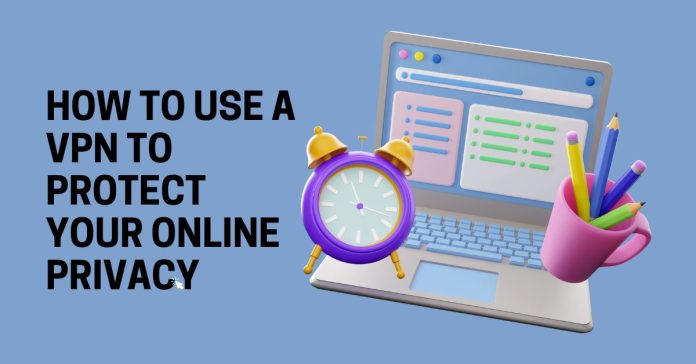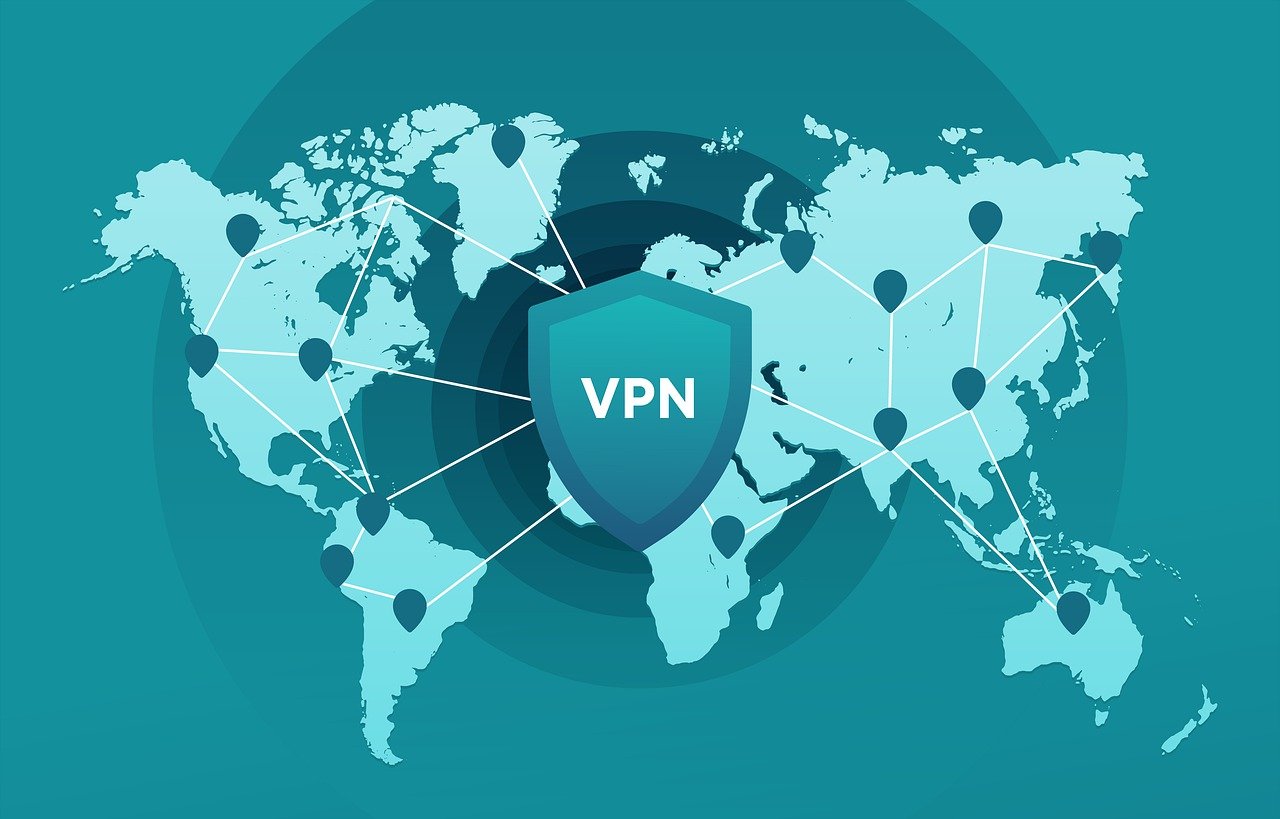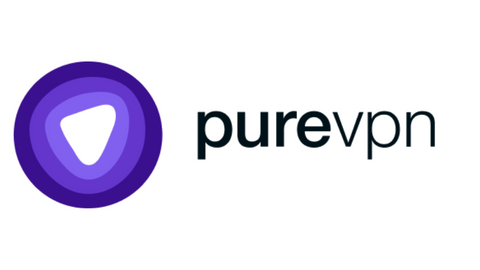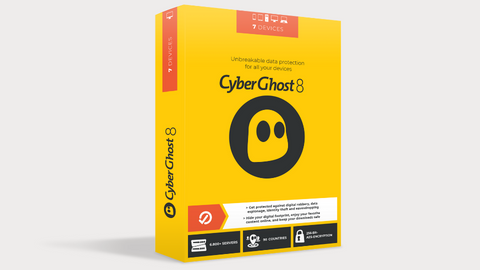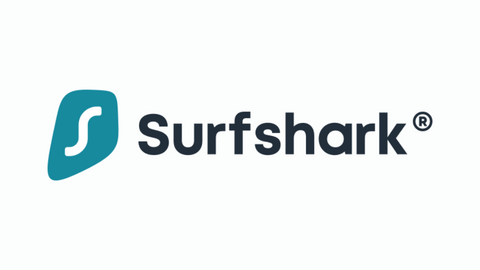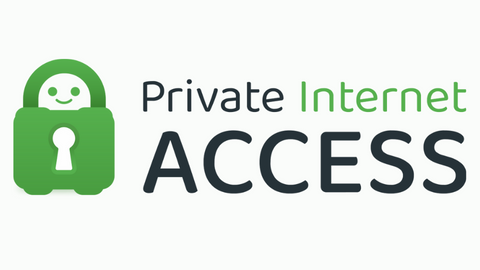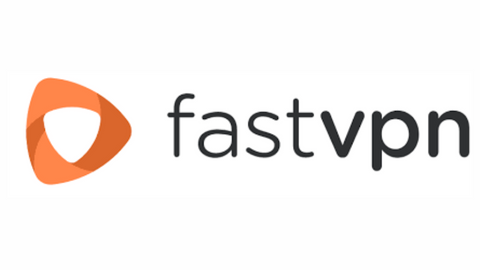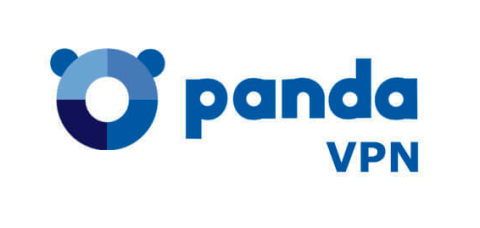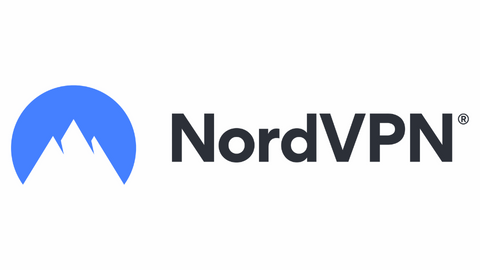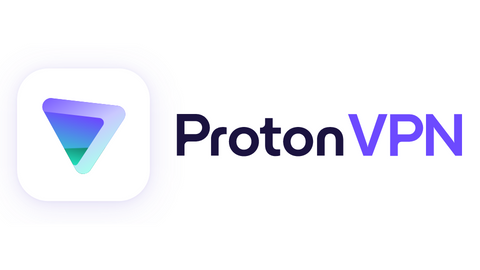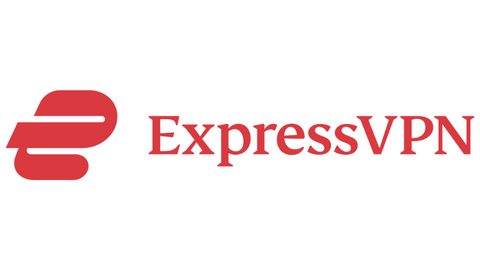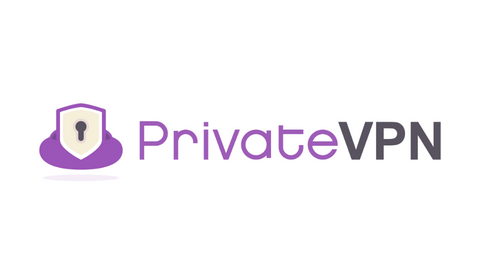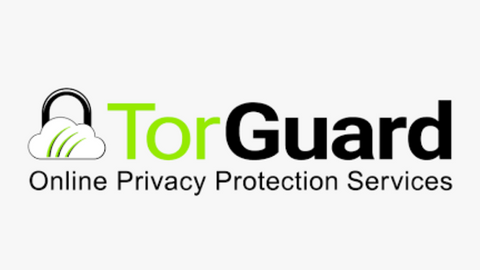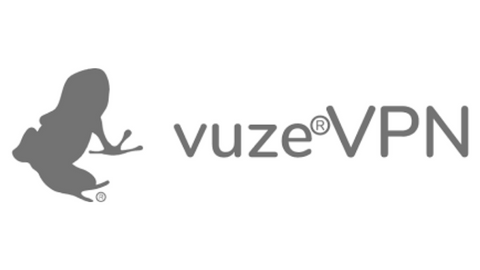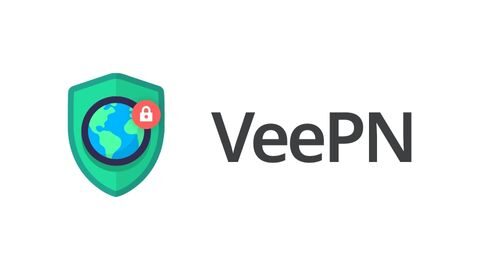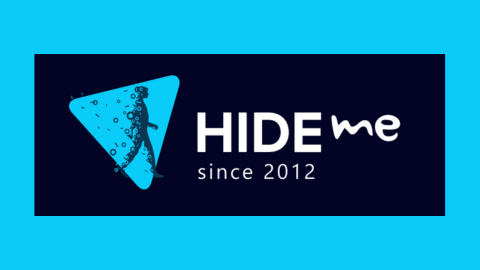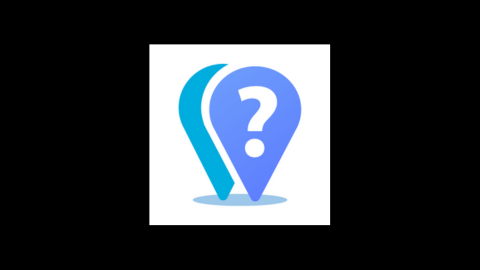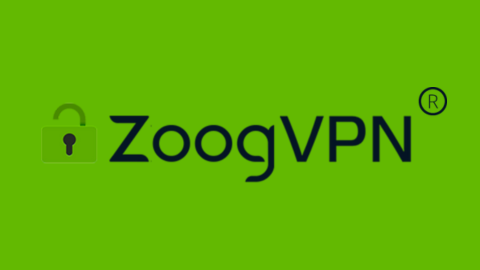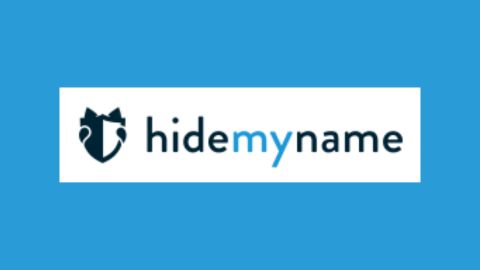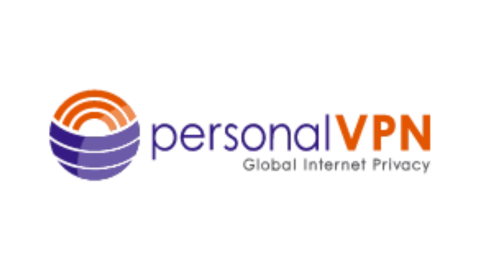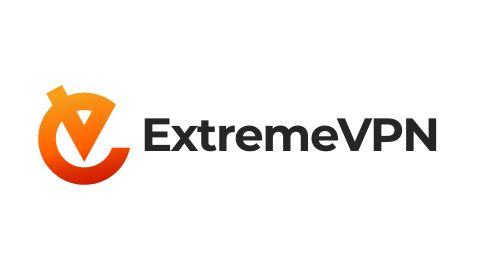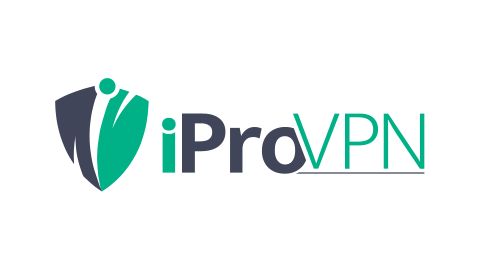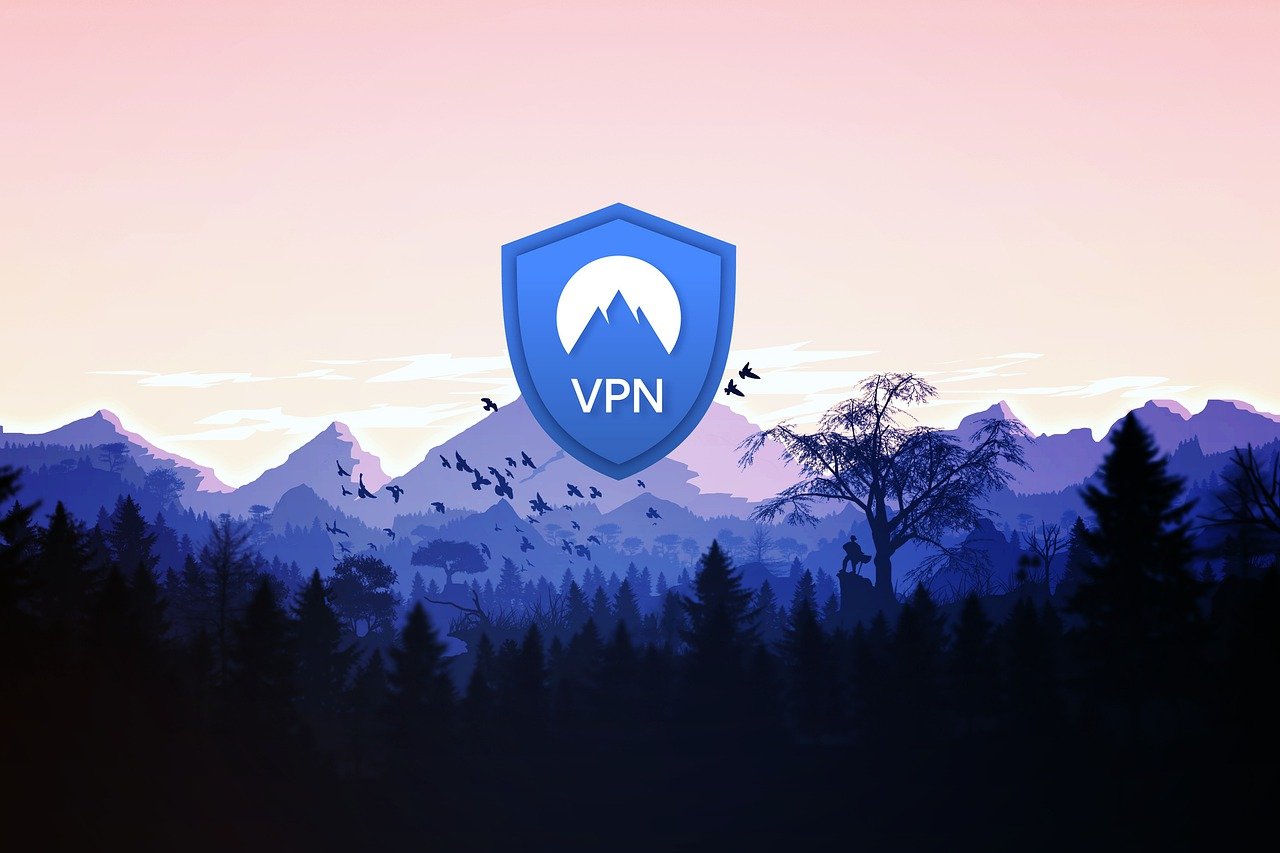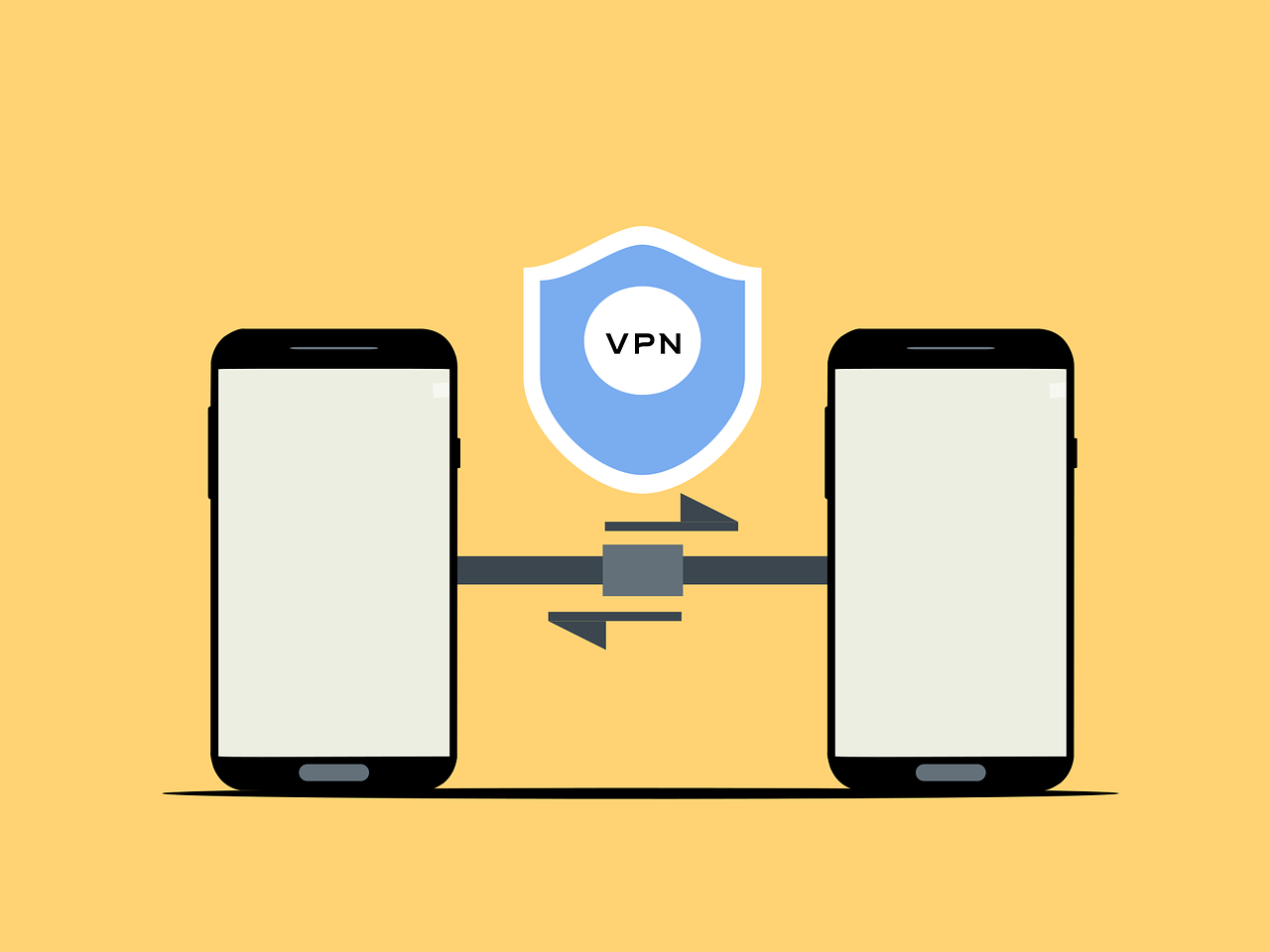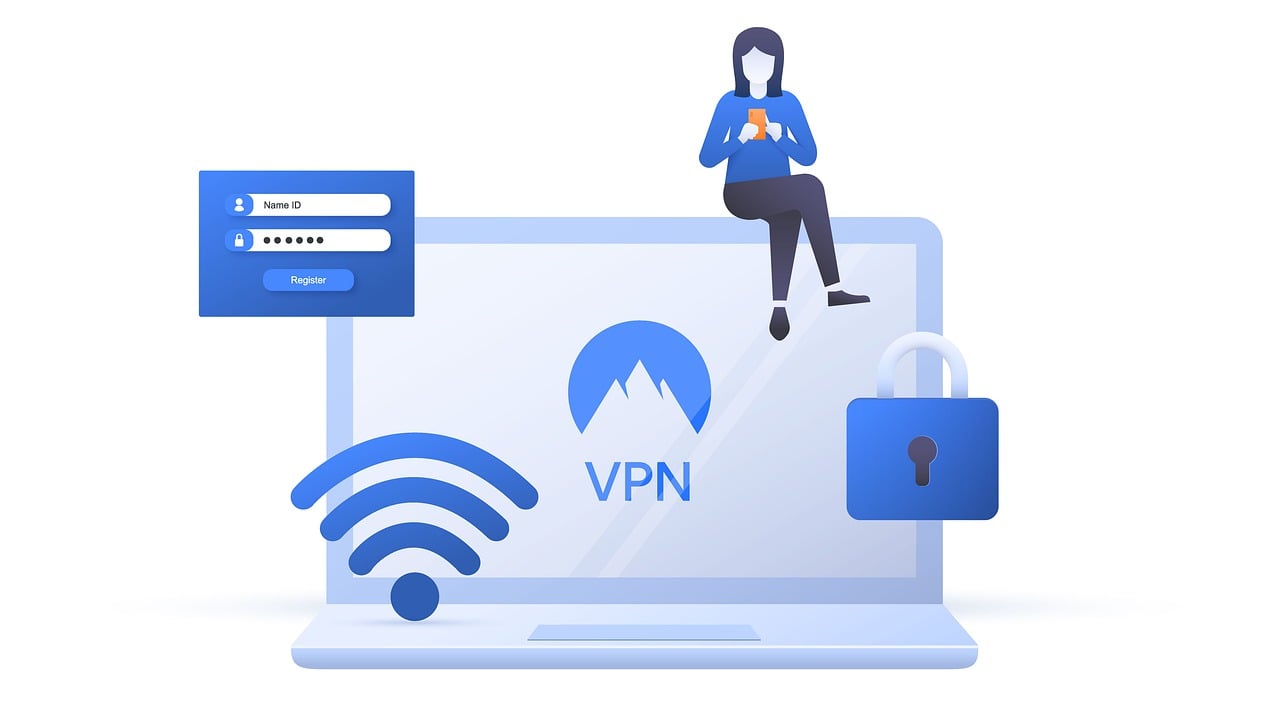Learn how to use a VPN to protect your online privacy.
In today’s digital age, online privacy has become a growing concern for individuals and businesses. With the increasing number of cyber threats and the pervasive tracking of online activities, it has become essential to take proactive measures to safeguard personal information.
One effective tool for protecting online privacy is a Virtual Private Network (VPN). This comprehensive guide will explore how to use a VPN to protect your online privacy and ensure a secure browsing experience.
READ ALSO: The Best VPN Services
Table of Contents
Understanding VPNs and Online Privacy
What is a VPN?
A VPN is a technology that establishes a secure and encrypted connection between your device and the internet. It creates a virtual tunnel through which your data travels, making it difficult for anyone to intercept or monitor your online activities.
Using a VPN, your internet traffic is routed through a remote server, masking your IP address and encrypting your data.
Why is Online Privacy Important?
Online privacy is crucial because it safeguards your personal information from being accessed or misused by unauthorized individuals or organizations.
Your online activities, such as browsing history, emails, and financial transactions, can be monitored and exploited without proper protection.
Using a VPN, you can regain control over your privacy and protect sensitive data from prying eyes.
How to Choose the Best VPN for Online Privacy
Factors to Consider when Choosing a VPN
When selecting a VPN for online privacy, there are several key factors to consider:
- Security Features: Look for a VPN that offers robust encryption protocols, such as AES-256, to ensure the highest level of security for your data.
- No-Logs Policy: Choose a VPN provider with a strict no-logs policy, meaning they do not collect or store any information about your online activities.
- Server Locations: Consider the number and locations of the VPN provider’s servers. More server options provide greater flexibility and better performance.
- Connection Speed: Check the VPN’s connection speed to ensure it meets your browsing and streaming requirements.
- Compatibility: Ensure the VPN is compatible with your devices and operating systems.
- Customer Support: Look for VPN providers that offer reliable customer support to assist you whenever you encounter any issues.
Recommended VPN Services for Online Privacy
Based on extensive research and user reviews, the following VPN services are highly recommended for protecting online privacy:
- NordVPN: NordVPN is known for its advanced security features, extensive server network, and user-friendly interface. It offers strong encryption, a strict no-logs policy, and support for multiple devices.
- CyberGhost VPN: CyberGhost VPN provides excellent privacy protection with its no-logs policy and military-grade encryption. It offers a user-friendly interface and a wide range of server locations.
- ExpressVPN: ExpressVPN is renowned for its fast and reliable connections, stringent privacy policy, and extensive server network. It offers top-notch security features and excellent customer support.
Setting Up a VPN for Online Privacy
Step-by-Step Guide to Setting Up a VPN
Setting up a VPN for online privacy is a straightforward process. Follow these steps:
- Choose a VPN Service: Select a VPN provider that meets your requirements for security, server locations, and compatibility.
- Sign Up and Install: Create an account with the VPN provider and download your device’s VPN software or app.
- Launch the VPN: Open the VPN software and log in using your credentials.
- Select a Server: Choose a server location from the available options. Consider selecting a server in a country that aligns with your privacy needs.
- Connect to the VPN: Click the “Connect” button to establish a secure VPN connection.
- Verify Your Connection: Check if your IP address has changed and confirm that your data is now encrypted and secure.
- Configure Additional Settings: Explore the VPN settings to customize your preferences, such as enabling a kill switch or split tunnelling.
READ ALSO: Is Quark VPN Safe To Use?
VPN Setup Tips for Optimal Privacy Protection
To maximize your online privacy when using a VPN, consider the following tips:
- Enable Kill Switch: Activate the kill switch feature, which automatically disconnects your internet connection if the VPN connection drops, preventing any data leaks.
- Use DNS Leak Protection: Ensure that your DNS requests are also routed through the VPN to prevent any potential leaks of your browsing activities.
- Opt for OpenVPN Protocol: OpenVPN is widely regarded as one of the most secure VPN protocols. Choose this option whenever possible.
- Regularly Update VPN Software: Keep your VPN software up to date to benefit from the latest security enhancements and bug fixes.
Benefits of Using a VPN for Online Privacy
Enhanced Security and Privacy
By using a VPN, you can enjoy enhanced security and privacy online. Your data is encrypted, making it virtually impossible for hackers and cybercriminals to intercept or decipher your information.
Bypassing Geo-Restrictions
A VPN allows you to bypass geo-restrictions and access region-locked content. With a VPN, you can appear to be browsing from a different country, enabling you to access streaming services, websites, and online platforms that may not be available in your location.
Protecting Sensitive Data on Public Wi-Fi
When connected to a public Wi-Fi network, your data is vulnerable to interception by malicious actors. Using a VPN, your data is encrypted, ensuring that your sensitive information, such as login credentials and financial details, remains secure.
Anonymous Browsing
A VPN masks your IP address and replaces it with the IP address of the VPN server you are connected to. This makes it difficult for websites, advertisers, and other entities to track your online activities, preserving your anonymity while browsing the web.
Common Misconceptions about VPNs and Online Privacy
VPNs Provide Complete Anonymity
While VPNs offer an added layer of privacy and security, they do not guarantee complete anonymity. Other factors, such as your online behaviour, can still be used to identify you. It is important to exercise caution and practice good digital hygiene to protect your privacy.
Free VPNs Offer the Same Level of Protection
While free VPNs may be tempting, they often have limitations and risks. Free VPN providers may log and monetize your data, compromise privacy, or offer subpar security features. Investing in a reputable paid VPN service for optimal protection is advisable.
How to Use a VPN to Protect Your Online Privacy: Frequently Asked Questions
Does a VPN protect you online?
VPNs can enhance your online privacy in several ways:
- Encryption: A VPN encrypts your internet traffic, making it unreadable to anyone snooping on your connection, like hackers on public Wi-Fi.
- IP Masking: A VPN hides your actual IP address, replacing it with one from the VPN server location you connect to. This makes it harder for websites and online services to track your location or browsing activity.
How do I use a VPN?
Using a VPN is generally straightforward:
- Choose a VPN provider: Research a reputable VPN service that suits your needs (speed, server locations, features).
- Download and install the VPN app: Most providers offer apps for various devices (Windows, Mac, smartphones, etc.).
- Launch the VPN app and sign in with your account.
- Connect to a VPN server: Choose a server location from the list provided by your VPN provider.
- Once connected, your internet traffic will be encrypted and routed through the VPN server.
How do I use a VPN secretly?
VPNs themselves aren’t inherently secret. However, they help mask your online activity from prying eyes. Using a VPN on a public Wi-Fi network is a good example, as it encrypts your traffic and prevents others from seeing what websites you visit.
How do I use a VPN on a secure network?
VPNs can still be beneficial on secure networks, depending on your goals:
- Enhanced Privacy: A VPN can prevent your internet service provider (ISP) from tracking your browsing activity even on a trusted network.
- Access Geo-restricted Content: A VPN lets you connect to servers in different locations, potentially allowing you to access websites or streaming services restricted in your area (be aware of terms of service and legality in your region).
Can a VPN be hacked?
While VPN encryption makes it difficult to hack into your device directly, the possibility of vulnerabilities exists. Here’s how to minimize risks:
- Choose a reputable VPN provider: Opt for a provider with a strong security track record and a commitment to keeping user data private.
- Keep your VPN software updated: Updates often include security patches, so ensure you’re running the latest version.
- Be cautious of free VPNs: Free VPNs might lack robust security features or have limitations that compromise privacy (data logging, throttled speeds).
Remember: VPNs are a valuable tool for online privacy, but they’re not a silver bullet. Always practice safe browsing habits and be cautious about the information you share online.
Conclusion
Now, you should be able to know how to use a VPN to protect your online privacy. Protecting your online privacy is essential in today’s interconnected world. Using a VPN, you can safeguard your personal information, browse the internet anonymously, and bypass geo-restrictions.
Remember to choose a reliable VPN service, follow the setup steps, and keep your VPN software up to date for the best online privacy protection. Take control of your digital footprint and enjoy a secure browsing experience with the best VPN for online privacy.
When choosing the best VPN for online privacy, it is crucial to prioritize security, reliability, and user-friendly features. Investing in a reputable VPN service ensures your online activities remain private and secure.
INTERESTING POSTS
About the Author:
Gina Lynch is a VPN expert and online privacy advocate who stands for the right to online freedom. She is highly knowledgeable in the field of cybersecurity, with years of experience in researching and writing about the topic. Gina is a strong advocate of digital privacy and strives to educate the public on the importance of keeping their data secure and private. She has become a trusted expert in the field and continues to share her knowledge and advice to help others protect their online identities.


